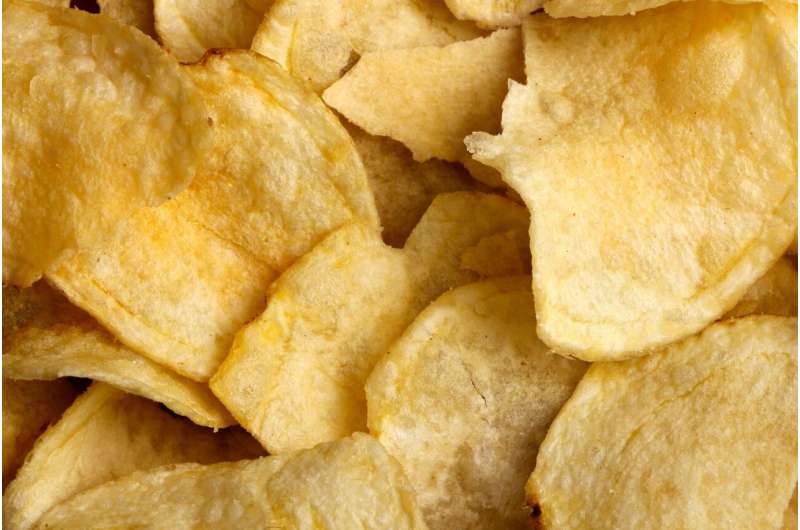Kraft Heinz Plans to Eliminate Artificial Dyes from Products by 2027

Kraft Heinz commits to removing artificial dyes from all U.S. products by 2027, part of a broader movement towards healthier, natural food ingredients driven by regulatory and consumer demand.
Kraft Heinz, one of the leading food manufacturers in the United States, has announced a significant shift toward healthier ingredients by pledging to remove artificial dyes from all its U.S. products by the end of 2027. This move aligns with growing public health concerns and regulatory efforts aimed at reducing synthetic food additives. Currently, many Kraft Heinz products still contain artificial colorings such as Red 40, Yellow 5 and 6, Blue 1 and 2, and Green 3, which are commonly used to enhance visual appeal or compensate for color loss during processing.
The company has emphasized that the majority of its offerings—about 90%—already use natural ingredients or no color additives at all. Moving forward, Kraft Heinz plans to either replace artificial dyes with natural alternatives, eliminate unnecessary coloring where it's not essential, or find suitable color matches that do not involve synthetic chemicals. This initiative is part of a broader industry trend, as companies like PepsiCo and Kellogg's are also seeking to reduce or phase out synthetic dyes.
Regulatory agencies, including the U.S. Food and Drug Administration (FDA) and the Department of Health and Human Services, are increasingly scrutinizing synthetic food dyes. In April 2025, they announced plans to collaborate with food manufacturers to remove six synthetic dyes from the U.S. food supply by 2026, citing health concerns linked to these additives, especially in children.
Kraft Heinz's commitment includes reformulating popular products such as Jell-O, Kool-Aid, Heinz relish, and Jet-Puffed marshmallows, in efforts to align with health guidelines and consumer preferences. The company previously removed artificial dyes from Kraft Mac & Cheese in 2016 and is now extending that effort across all its products.
This move is supported by research indicating that some health experts associate artificial dyes with health issues, prompting regulatory actions and industry changes aimed at safer, more natural food ingredients. Consumers can find more information about food color additives at the FDA’s website.
Source: MedicalXpress
Stay Updated with Mia's Feed
Get the latest health & wellness insights delivered straight to your inbox.
Related Articles
Should I Avoid Matcha if I Have Low Iron? Separating Fact from Social Media Myths
Discover the truth about matcha and its impact on iron levels. Learn how to enjoy this popular tea without risking iron deficiency through proper timing and dietary habits.
Gender Differences in Food Response: Young Girls Less Responsive to Fullness Cues Than Boys
A new study reveals that young girls may be less responsive to internal fullness cues compared to boys, influenced by social and developmental factors. This highlights the importance of teaching children to listen to their body's signals for healthier eating habits.
Link Between Sugar Intake from Beverages and Increased Type 2 Diabetes Risk
Consuming sugar through soda and fruit juice is linked to a higher risk of type 2 diabetes, according to recent research. The study highlights the importance of source and form of sugar in metabolic health.



